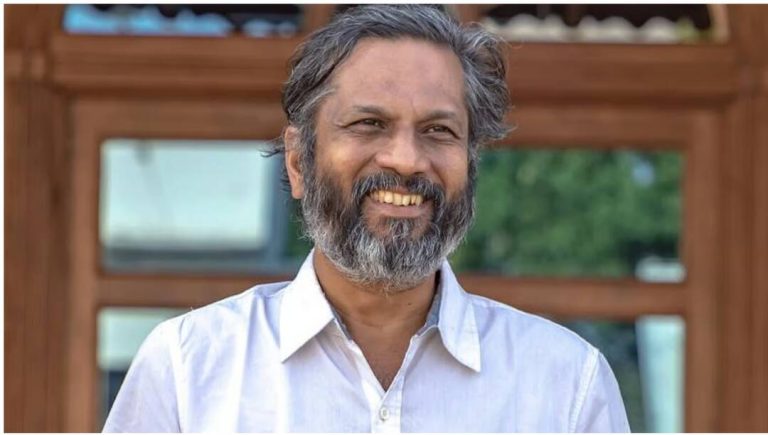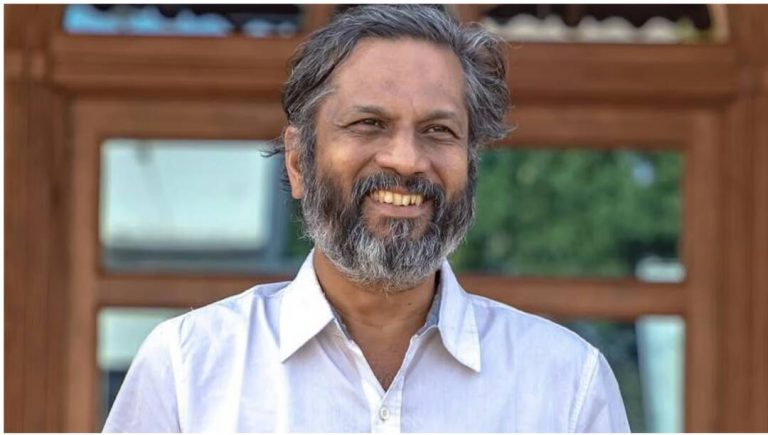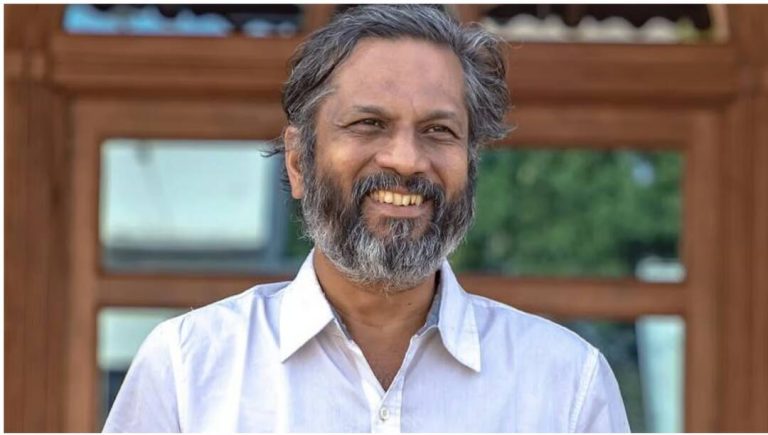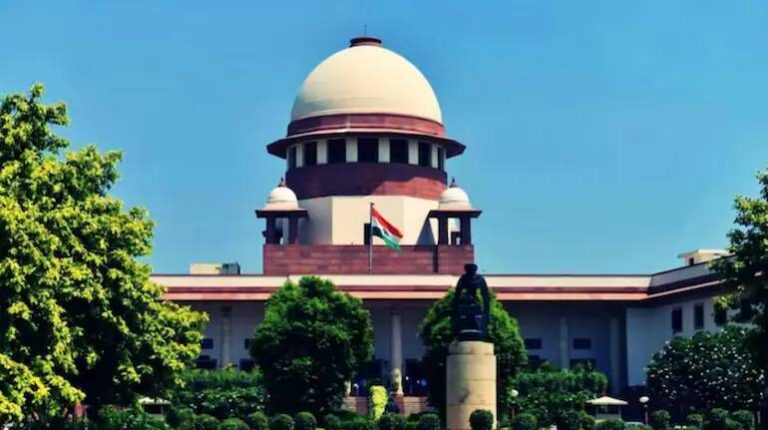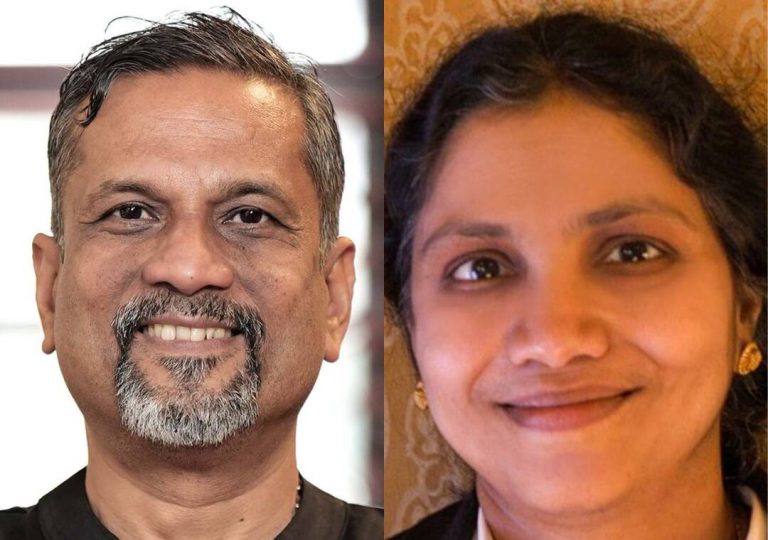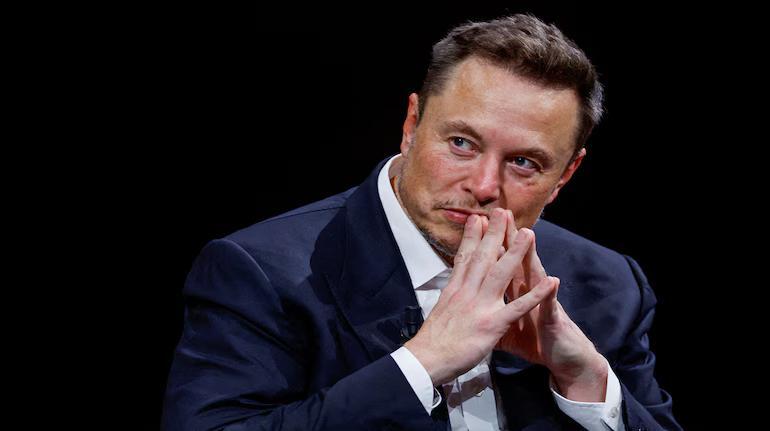
Poverty an engineering issue, AI & humanoid robots will end it: Musk
The world has long been grappling with the issue of poverty, with many experts and leaders weighing in on potential solutions. However, billionaire and xAI CEO Elon Musk has taken a unique stance on the matter, opining that poverty is, in fact, an engineering issue. According to Musk, artificial intelligence (AI) and humanoid robots hold the key to eliminating poverty and making everyone wealthy.
Speaking at the US-Saudi Investment Forum, Musk emphasized that AI and robotics are the only way to achieve universal wealth. He argued that as these technologies continue to advance, money will eventually become irrelevant in the future. This bold claim has sparked both interest and debate, with many wondering if Musk’s vision is truly feasible.
Musk’s perspective on poverty as an engineering issue is rooted in the idea that scarcity and inefficiency are the primary drivers of poverty. He believes that by leveraging AI and robotics, we can optimize resource allocation, streamline production, and provide for everyone’s basic needs. In this vision, humanoid robots would take on tasks that are currently performed by humans, freeing people up to pursue more creative and fulfilling endeavors.
One of the primary advantages of AI and robotics is their ability to increase productivity and efficiency. By automating routine and mundane tasks, we can redirect human energy towards more complex and high-value tasks. This, in turn, could lead to significant economic growth and an increase in overall wealth. Moreover, with the help of AI, we can better manage resources, reducing waste and optimizing distribution.
Humanoid robots, in particular, have the potential to revolutionize industries such as healthcare, education, and manufacturing. These robots can be designed to perform tasks that are currently difficult or impossible for humans, such as providing personalized care to the elderly or disabled. They can also assist in search and rescue missions, disaster response, and environmental conservation.
Furthermore, AI and robotics can help address issues of food security, shelter, and access to clean water. By optimizing agricultural production, reducing waste, and improving distribution, we can ensure that everyone has access to nutritious food. Similarly, AI-powered construction robots can help build affordable and sustainable housing, providing shelter for those in need.
Musk’s vision of a future where money is no longer relevant is also rooted in the concept of a Universal Basic Income (UBI). He believes that as AI and robotics continue to advance, governments will need to implement a UBI to ensure that everyone’s basic needs are met. This would allow people to pursue their passions and interests without the burden of a traditional 9-to-5 job.
While Musk’s ideas are undoubtedly intriguing, there are also concerns about the potential impact of AI and robotics on employment. Many experts worry that widespread automation could lead to significant job displacement, exacerbating existing social and economic inequalities. However, Musk argues that this is a short-term challenge, and that the long-term benefits of AI and robotics will far outweigh the costs.
In conclusion, Elon Musk’s assertion that poverty is an engineering issue and that AI and humanoid robots will eliminate it is a thought-provoking concept. While there are certainly challenges and complexities to be addressed, the potential benefits of these technologies are undeniable. As we continue to advance and innovate, it is essential that we prioritize the development of AI and robotics in a way that benefits all of humanity.
Ultimately, the future of poverty alleviation will depend on our ability to harness the power of technology and innovation. By working together to develop and implement AI and robotics solutions, we can create a world where everyone has access to the resources and opportunities they need to thrive. As Musk so aptly put it, “AI and robotics are the only way to make everyone wealthy.”
